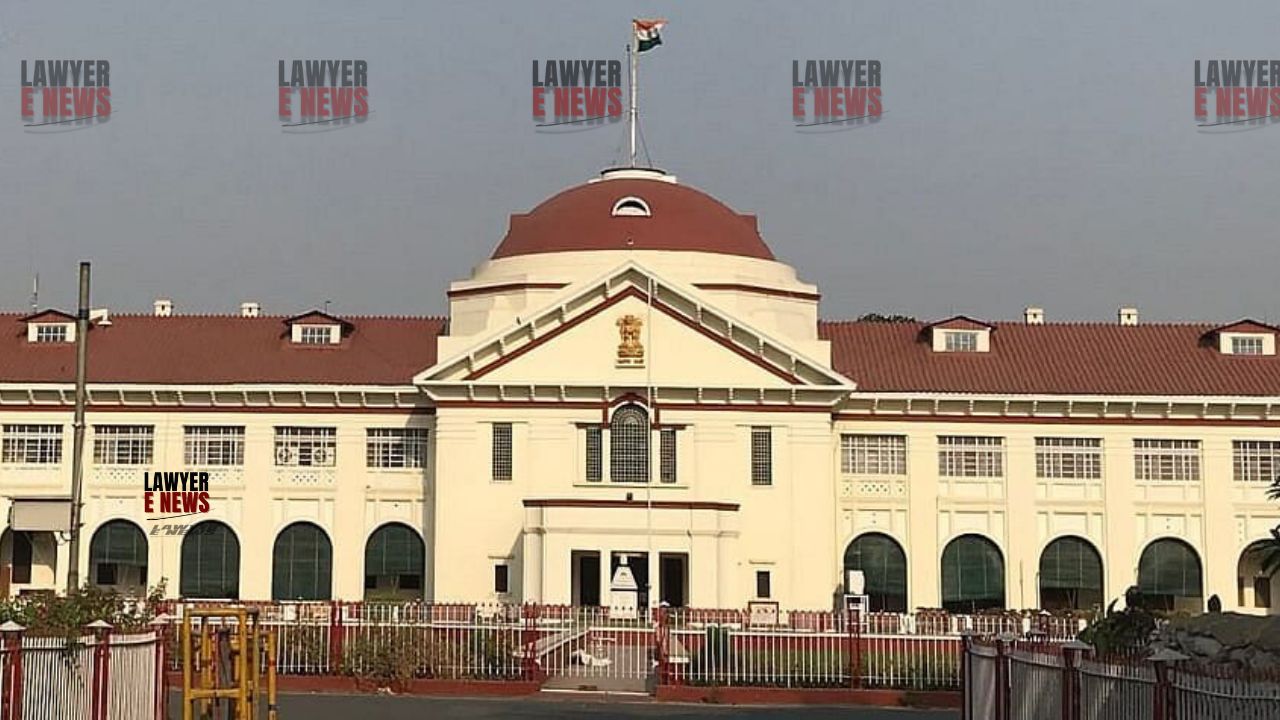-
by Admin
15 February 2026 5:35 AM



Preference Given to CITS Certification; Selection Process Deemed Fair and Reasonable - The Patna High Court has upheld the validity of the selection process for Industrial Training Instructors (ITIs) under the Bihar Industrial Training Instructor Cadre Rules, 2018, dismissing multiple challenges against the state government’s recruitment advertisement. The judgment, delivered by a bench comprising Chief Justice K. Vinod Chandran and Justice Harish Kumar, emphasized the legality and fairness of the rules and the selection process, including the preference given to candidates with Craft Instructors Training Scheme (CITS) certification.
Validity of 2018 Rules: The court addressed the petitioners' argument regarding the non-publication of the 2018 rules in the official gazette before the recruitment advertisement. It ruled that the rules were validly notified in 2023 and thus applicable. The bench noted, “The Bihar Industrial Training Instructor Cadre Rules, 2018, were brought into force immediately as per Rule 1(3), despite their formal gazette notification occurring later in 2023.”
Mandatory Nature of CITS Certification: One of the primary contentions was whether CITS certification was mandatory for selection. The court observed that CITS certification was listed as a desirable qualification rather than mandatory. The judgment cited a communication from the Government of India dated 31.01.2020, which indicated that CITS would be required for certain trades within three years of appointment. "CITS hence is not mandatory and is only a desirable qualification," the bench clarified.
Selection Process Fairness: The petitioners argued that the selection process was discriminatory, especially towards Short Term/Guest Lecturers who were not given the same weightage as contractual employees. The court rejected this argument, stating that the selection method, including a written examination and weightage for contractual employees, was reasonable and did not discriminate against the petitioners. “The selection procedure does not conflict with the Rules of 2013 or the 2018 rules, which have been properly notified,” the bench ruled.
Equivalence of Regular and RPL CITS: The court also addressed the issue of equivalence between regular CITS and Recognition of Prior Learning (RPL) CITS certifications. It directed the state government to consider both regular and RPL CITS certifications for the preferential marks awarded during the selection process. “In granting preferential claim by award of 30% of the marks obtained for CITS, we direct the State Government to consider CITS obtained under both streams, Regular & RPL,” the judgment stated.
The court extensively discussed the interplay between state rules framed under Article 309 of the Constitution and executive instructions issued by the Central Government under Article 73. It concluded that state rules framed under Article 309 prevail over executive instructions unless there is a specific parliamentary law on the matter. “Executive instructions issued under Article 73 cannot supersede the recruitment rules framed under Article 309,” the bench stated.
Justice Chandran remarked, “The Rules of 2018, which make CITS a desirable qualification, align with the Central Government's diluted prescription that candidates must acquire CITS within three years of appointment if not already qualified.”
The Patna High Court's judgment underscores the robustness of the legal framework governing the recruitment of ITI instructors in Bihar. By affirming the legality and fairness of the selection process under the 2018 rules, the court has set a precedent that balances the state's administrative autonomy with adherence to central guidelines. This decision is expected to streamline future recruitment processes and enhance the standards of vocational training in the state.
Date of Decision: May 17, 2024
